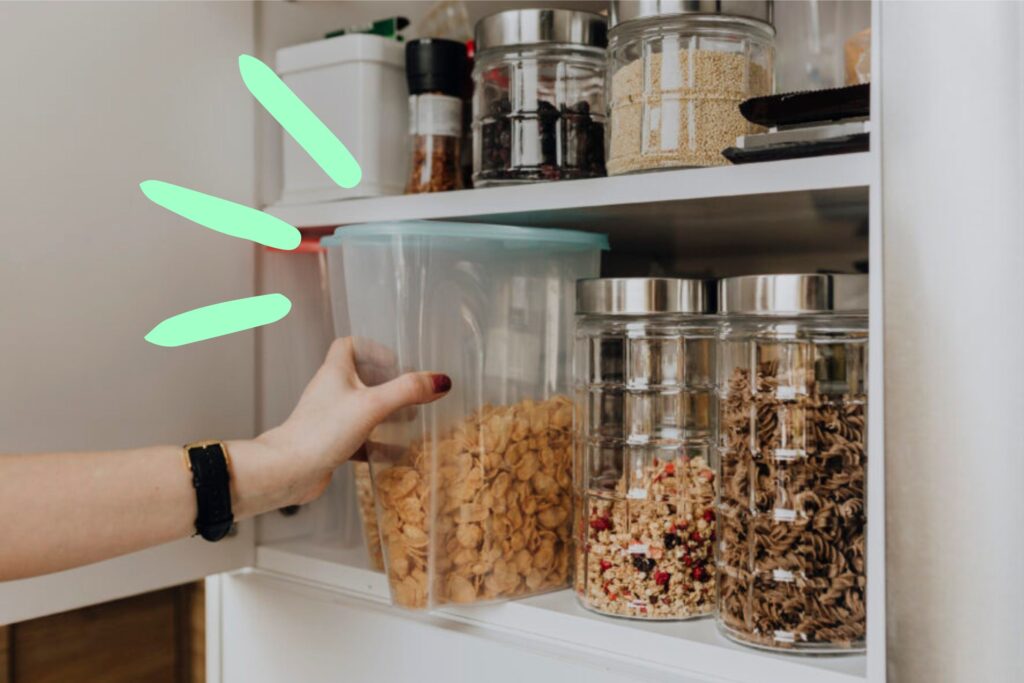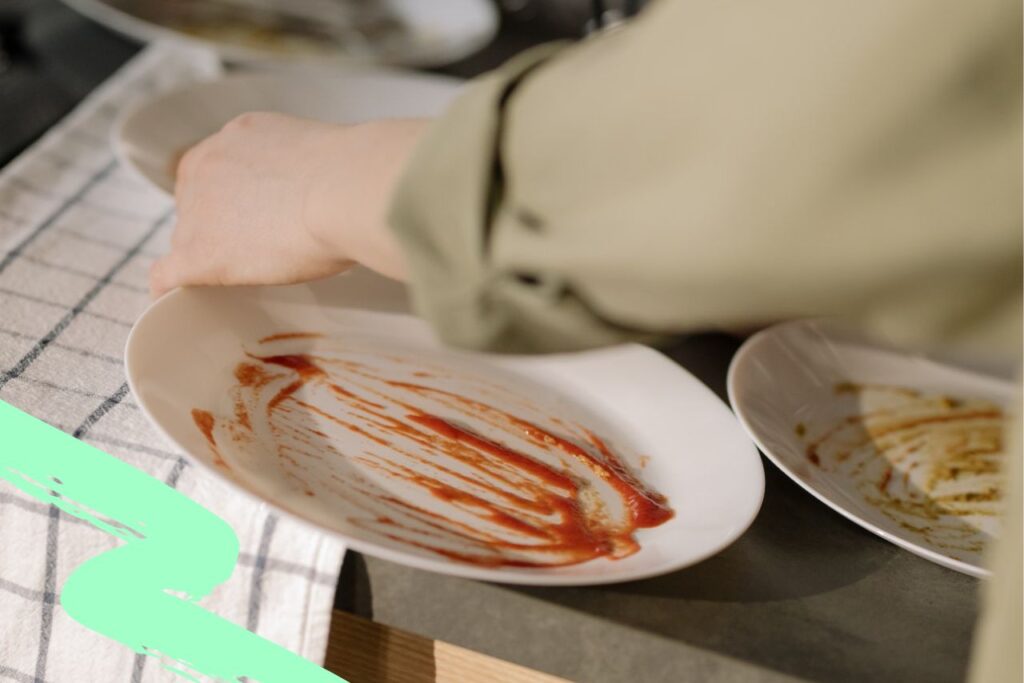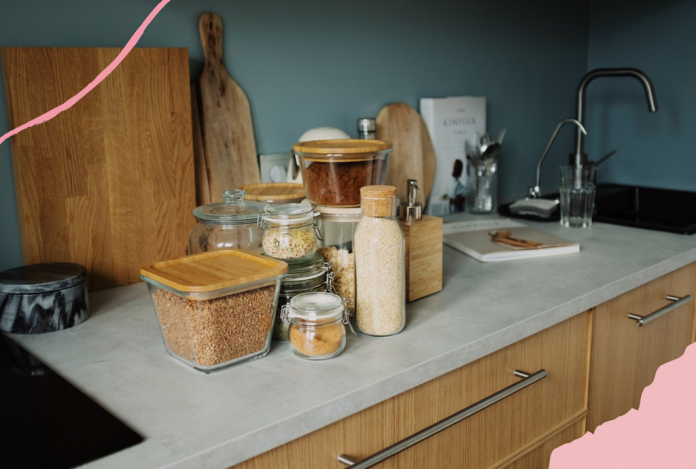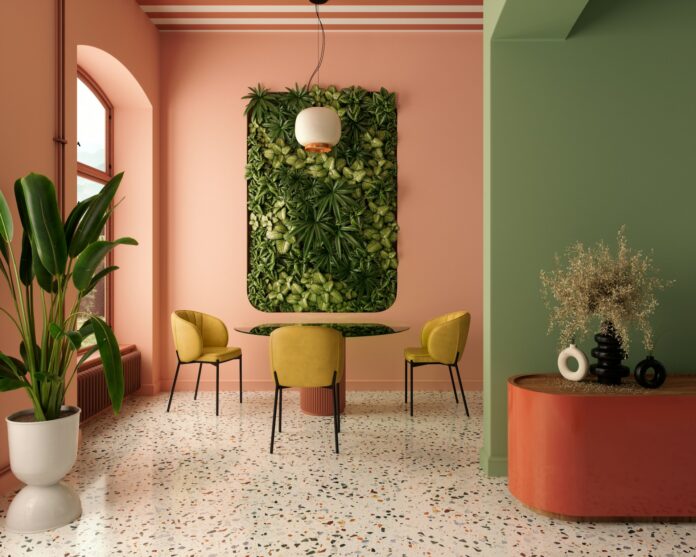It’s a discovery we all dread. Yep, running into a pest or a rodent in your home isn’t something that any homeowner wants to see. Unexpected guests aren’t welcome — and neither is the detrimental health impact they can cause.
That said, these pesky critters and four legged invaders would sometimes believe they’ve been invited in for supper. In fact, often homeowners unintentionally make their domestic space a thoroughly welcoming place for pests.
Don’t make it easy for them! If you’re like many homeowners, you might not want to kill these pests yourself. We don’t blame you, and as with most of life’s biggest issues, prevention is better than cure. With that in mind, here’s our IDEAL guide to maintaining a pest-free home.
Schedule Regular Pest Control Visits
Let’s be honest; keeping your home completely free of pests and bugs is not a walk in the park. Sometimes your efforts are futile and you end up with terrible insect problems, and DIY solutions aren’t always the answer. Though we said prevention is better than cure, sometimes precautionary, preventative methods aren’t enough.
In times like this, you may want to arrange a pest control company to do an annual inspection. Regular pest control visits are vital since they help you control infestations before they get out of hand. The cost (and impact on the liveability of your home for a short while) of a fully blown extermination effort is much higher than gentle, yearly upkeep.
Give Your Pets A Regular Wash
Cleaning your pets does more than offer some quality bonding time, although the look on your dog’s face as they get a rub down is pretty priceless! In fact, it also helps you get rid of pests. Insects like fleas don’t just affect your animals. These pests can also spread to the rest of the house, resulting in itchiness and other complications for humans. That’s why you should use flea treatments on your pet’s skin, and keep their bedding supremely clean, too.
Cleaning your home and removing any clutter that fleas can hide in is another crucial initial step because fleas don’t really reside on your pet, but rather in the spaces around your pet. Fleas, as well as their eggs and larvae, should be killed by washing any pet bedding in hot, soapy water. Pet bedding should be washed every week until the infestation is eliminated. Discard and trash any pet bedding if you have a severe flea infestation.
Remember to deworm your pets, too; consult a vet for detailed instructions.
Keep Pantry Items In Sealed Containers
Pests love entering cardboard boxes and food containers in the hunt for something to nibble on. It’s essential, then, to keep food tightly stored in lockable containers and keep those containers in cupboards with fasteners attached. Tightly tied plastic bags and sealable cartons work, too. If you want to be extra careful (and ruin that still life, fruit bowl aesthetic you’ve been cultivating) then put your fresh produce in the fridge to keep fruit flies and ants at bay.
Read: How to rid your home of rats

Ensure Doors, Windows & Cracks Are Sealed
If there’s a small crack around your doorframe, window or any other entrance into your house, pests will have it easy when accessing your home. So, take the time to inspect your house’s exterior, particularly the foundation, and tightly seal any gap that’s big enough for a pest to fit. Holes, cracks, and crevices on the window frame are also culprits as easy access points, so remember to cover them, too.
Prevention is better than cure, as they say, and identifying entry points is one of the most effective ways to manage a reduction in pests.
Vacuum Up Crumbs
The kitchen and pantry offer an ideal environment for pests to grow and flourish, with every whisper of crumb an invitation for a pest party. This is particularly true during the night, when the kitchen is unoccupied and tiny invaders left undisturbed run riot. So, every evening before going to bed, remember to clean all food items from your kitchen countertops.
If possible, avoid leaving dirty utensils in the sink for any prolonged period of time, too. Should you be low on time and unable to wash the dishes, do at least endeavour to clear the food from your plates and into a tightly sealed bin. Finish up by using organic detergents to clean the kitchen cabinets, countertops, and floor.
Regularly Clean House
One of the best tips for getting rid of pests is also the most simple one; keep a clean home at all times. Ants, rodents, cockroaches and the rest thrive in unclean spaces, and these pests are particularly attracted to food stains and dust. Once some pests have a presence, others will follow, and this exponential growth is a breeding ground for things getting out of hand. Avoid it via your first and most effective line of defence; a sparklingly clean home.

Use Rubbish Bins With A Lid
Household rubbish can attract pests like cockroaches, ants, and rodents, with rotting food being particularly aromatic to these pesky creatures.
It’s imperative, then, that you use garbage bins that have tight-fitting lids to keep pests away, particularly those which you position outside. What’s more, you should regularly wash your bins and the outdoor area where they sit to get rid of spills and debris which are guaranteed to attract pests.
Keep Your Bathroom Floors Clean & Dry
Aside from food and debris, pests are also hugely attracted to any water source. Because of this, regularly cleaning the bathroom will go a long way to preventing pests. Take care of leaking faucets and pipes as soon as an issue occurs, as well as fixing drain traps and openings; they’re gateways for rodents to enter a building and present an easy passageway into your home.
Trim Plants & Minimise Mulch
Thick plant bushes do more than make your yard look unruly; they can also harbour pests and present a fertile breeding ground for critters to hide and procreate. Fallen leaves, twigs, and branches are a gateway for all kinds of insects to enter the house, so do make sure you trim the shrubs and trees in your garden, especially those that are close to your home.
Likewise, the mulch in your garden may offer a perfect shelter for pests. Instead of using mulch in places close to the foundation, choose something that won’t attract pests, such as small stones.
And with that, we await the all clear before we pay another visit to your lovely home!




